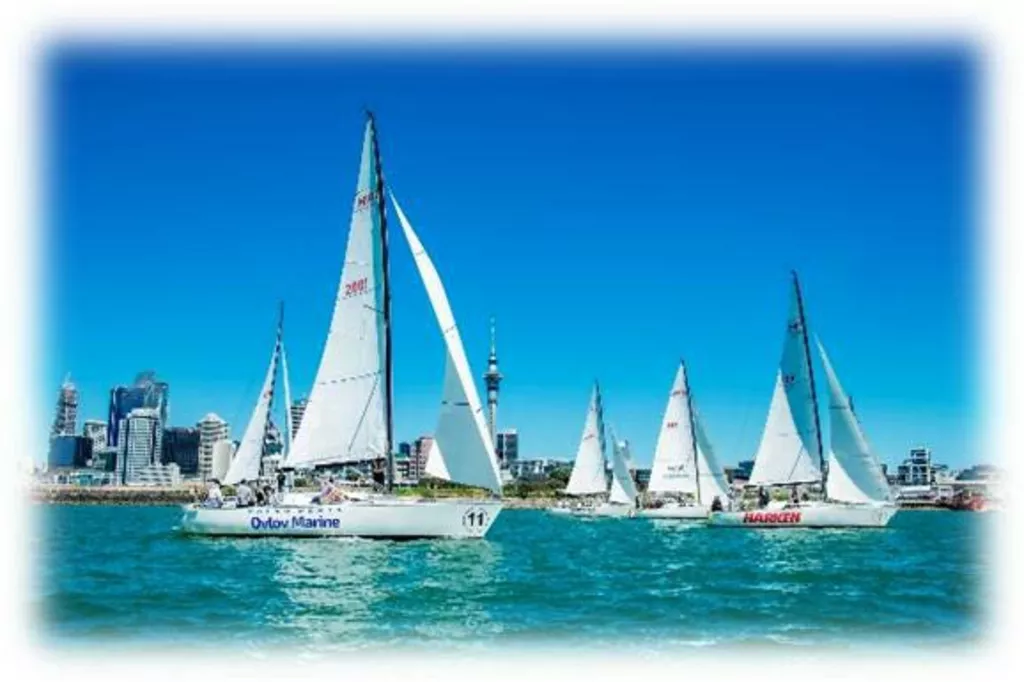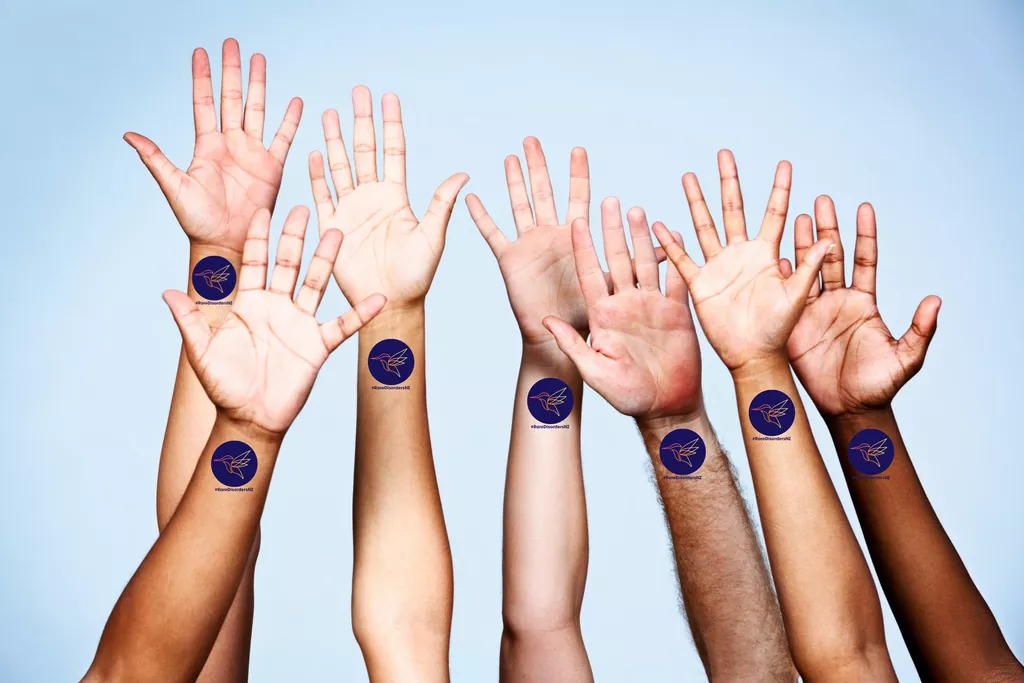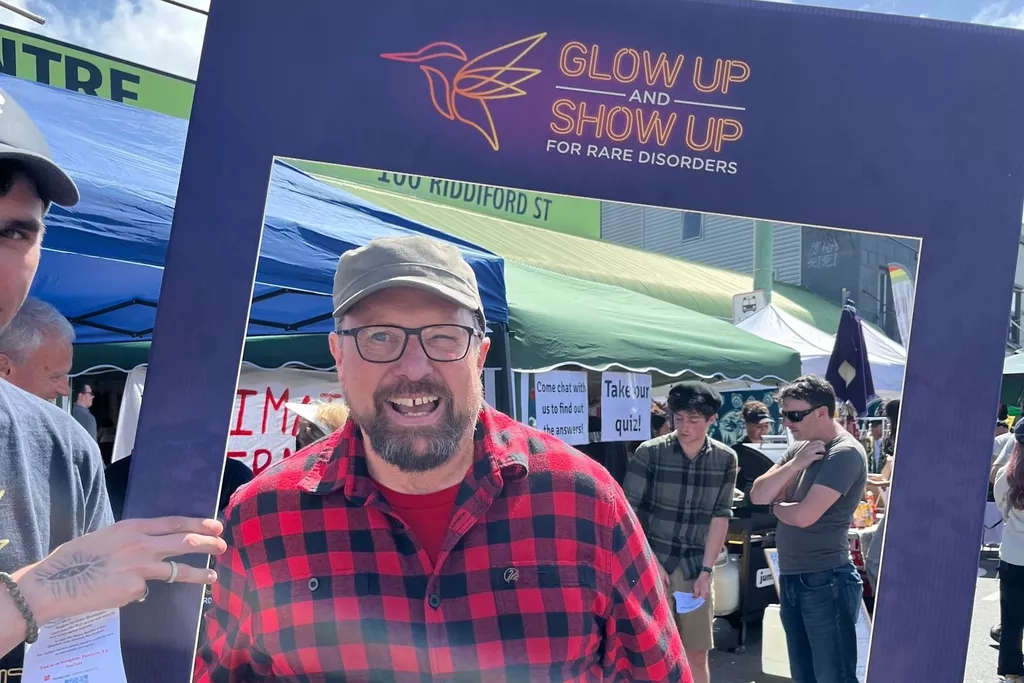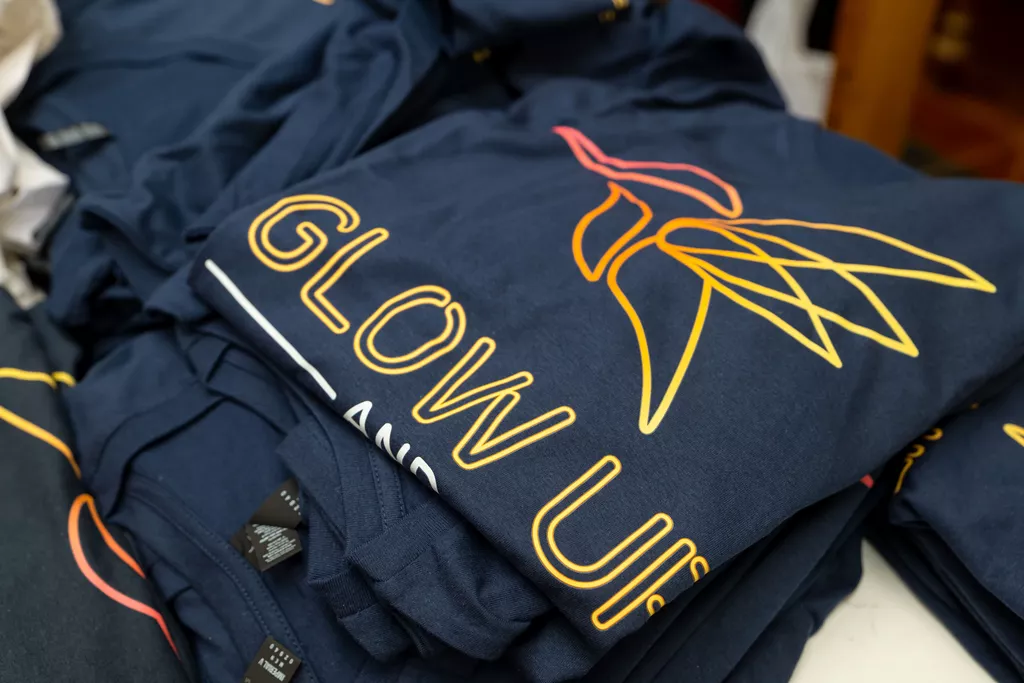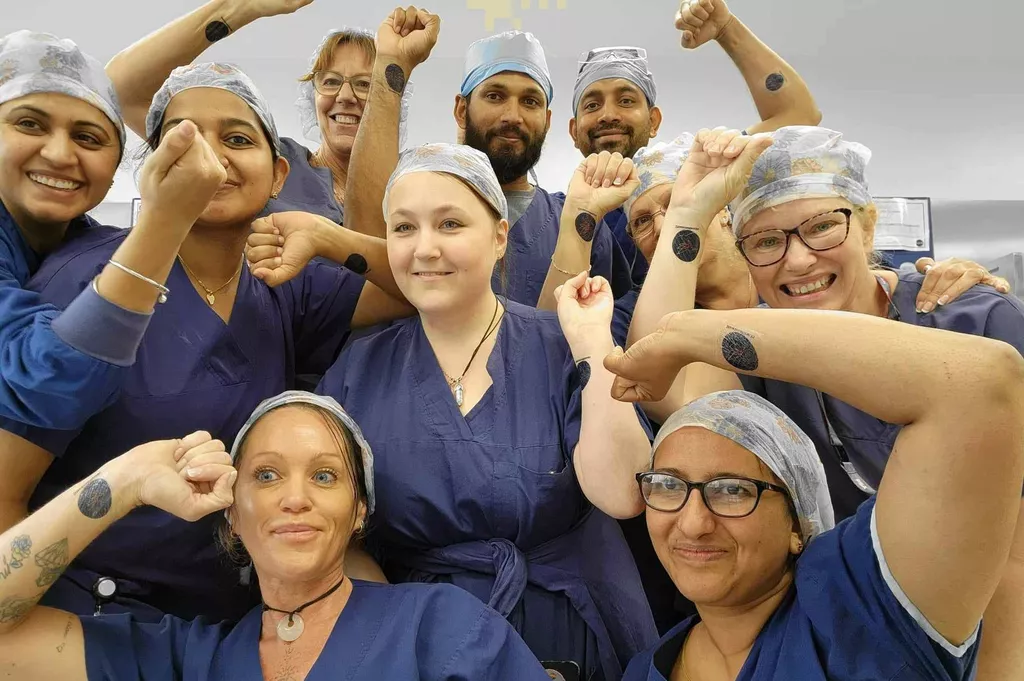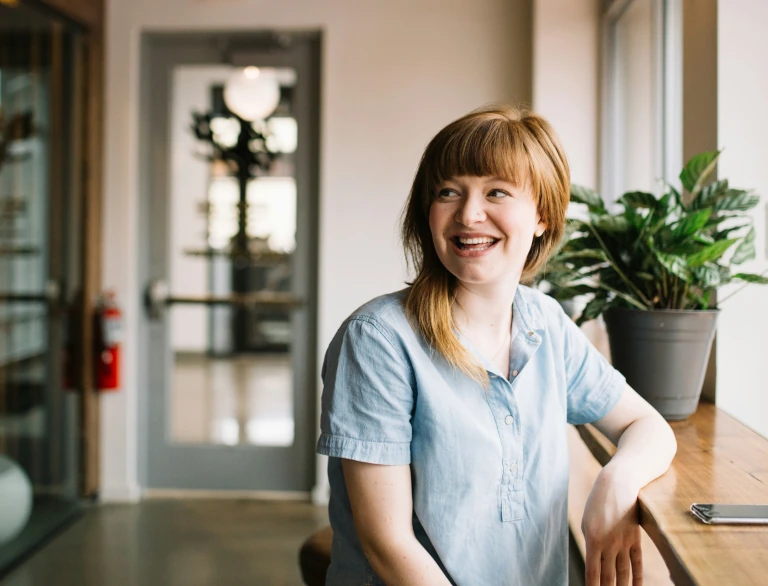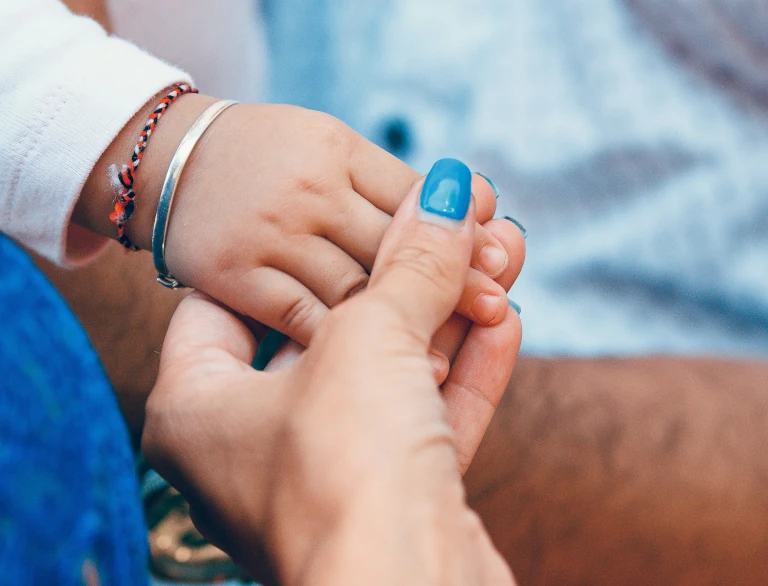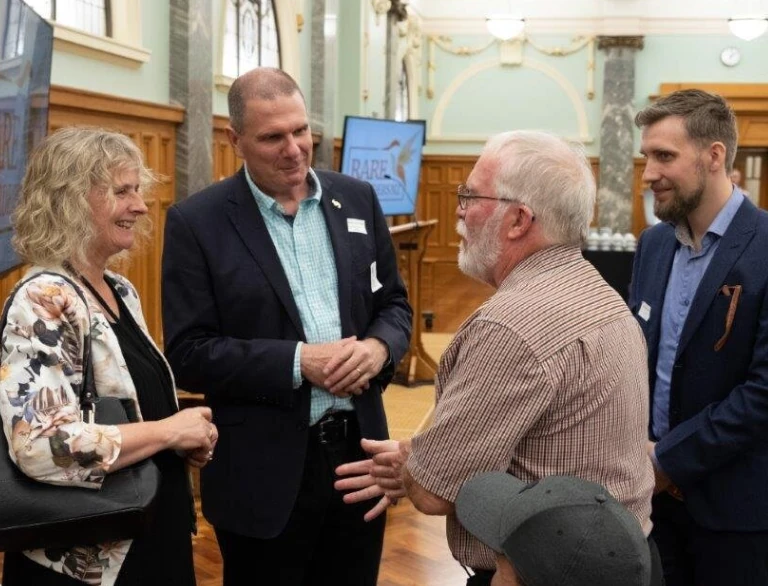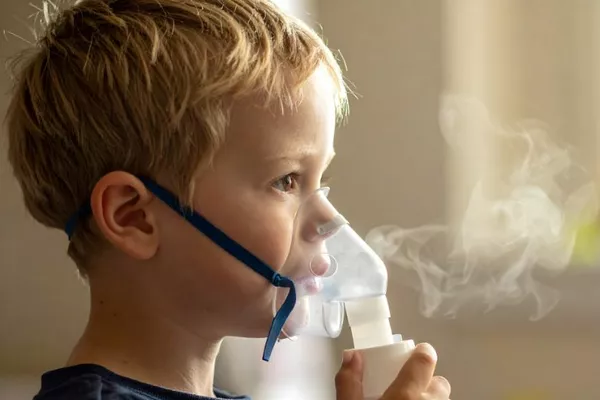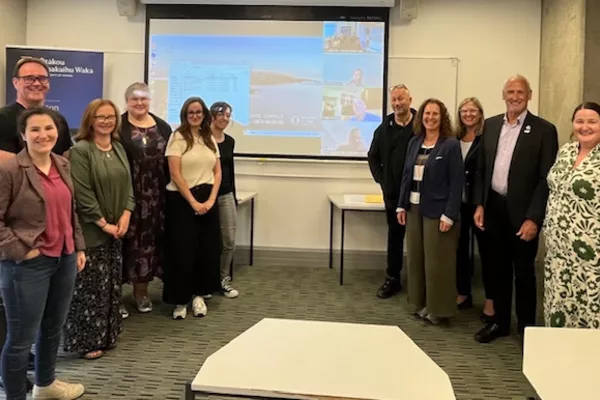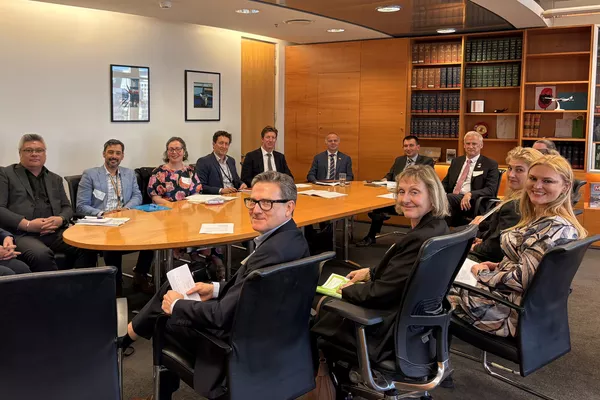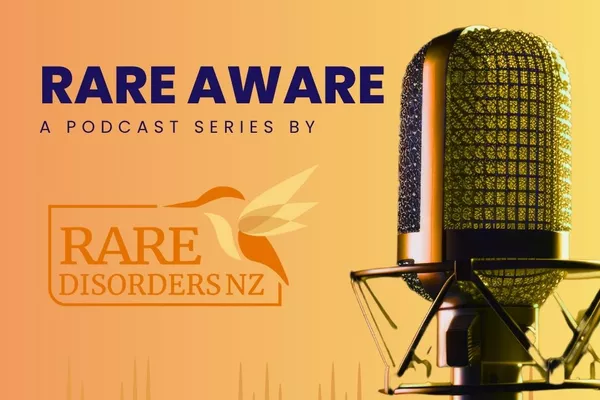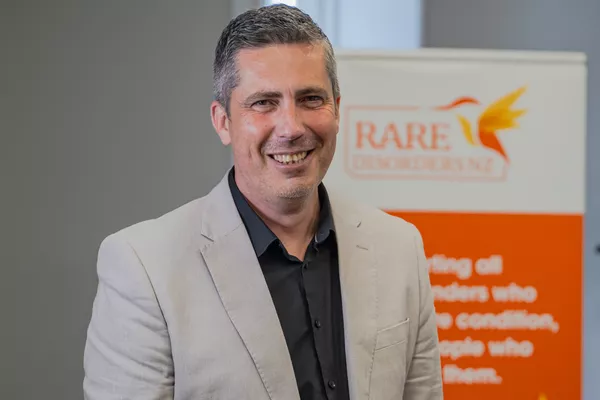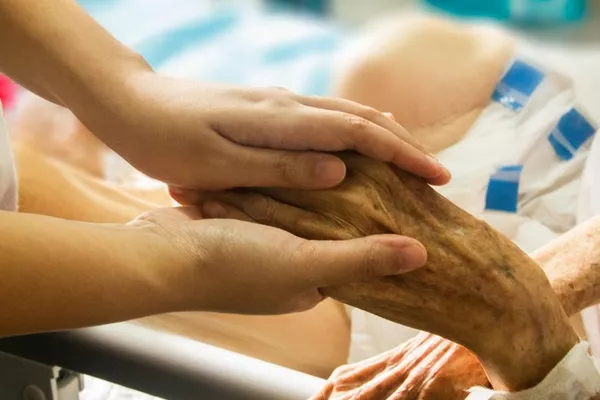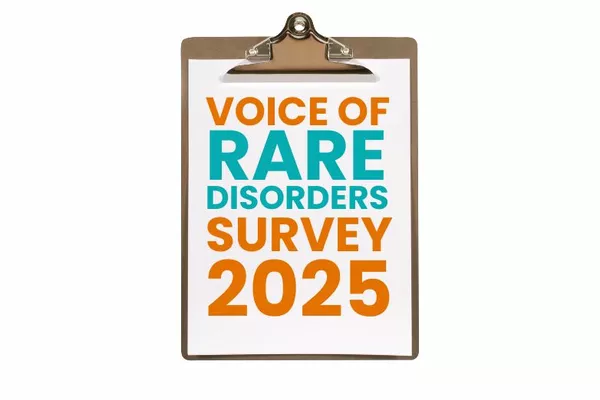Rare Disorders Month
Join us in celebrating our rare community
March is Rare Disorders Month
Every year on Rare Disease Day (the last day of February) we kick off a month-long campaign to raise awareness of rare disorders and to celebrate our rare community in Aotearoa. We do this by calling on Aotearoa to 'Glow up and Show up for Rare' to show support for the 300,000 Kiwis living with a rare disorder.
From buildings being lit up on Rare Disease Day, to schools, kura and workplaces having 'glow up' days during March, to individuals showing their support through social media - there are so many ways to support the rare community.
You too can get involved to help bring rare disorders out of the darkness and into the light.
Shop here
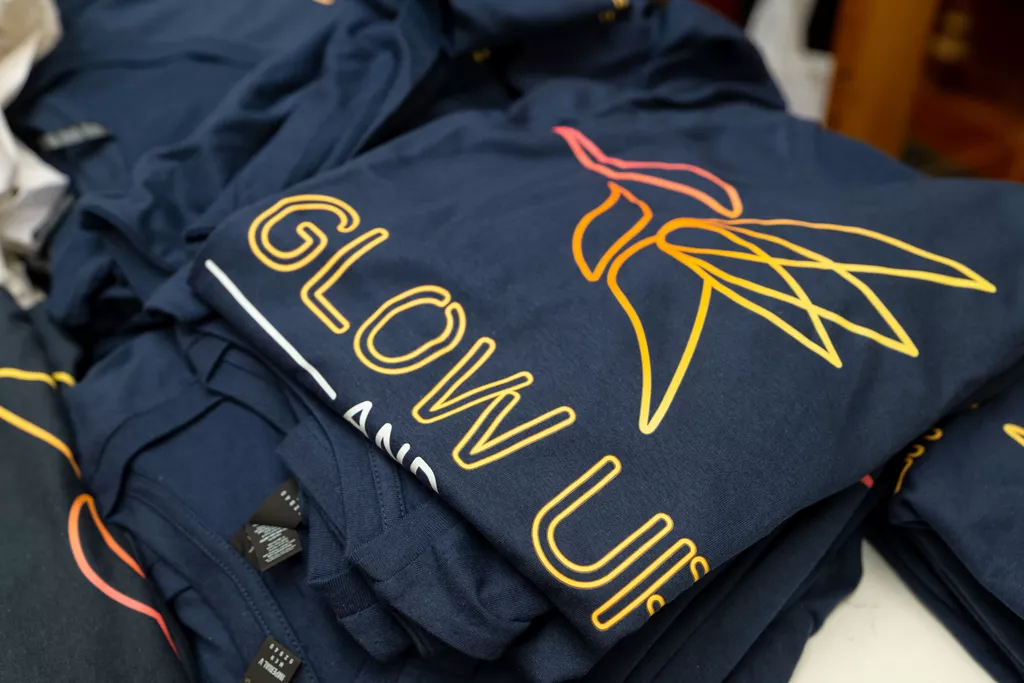
Ideas to get involved...
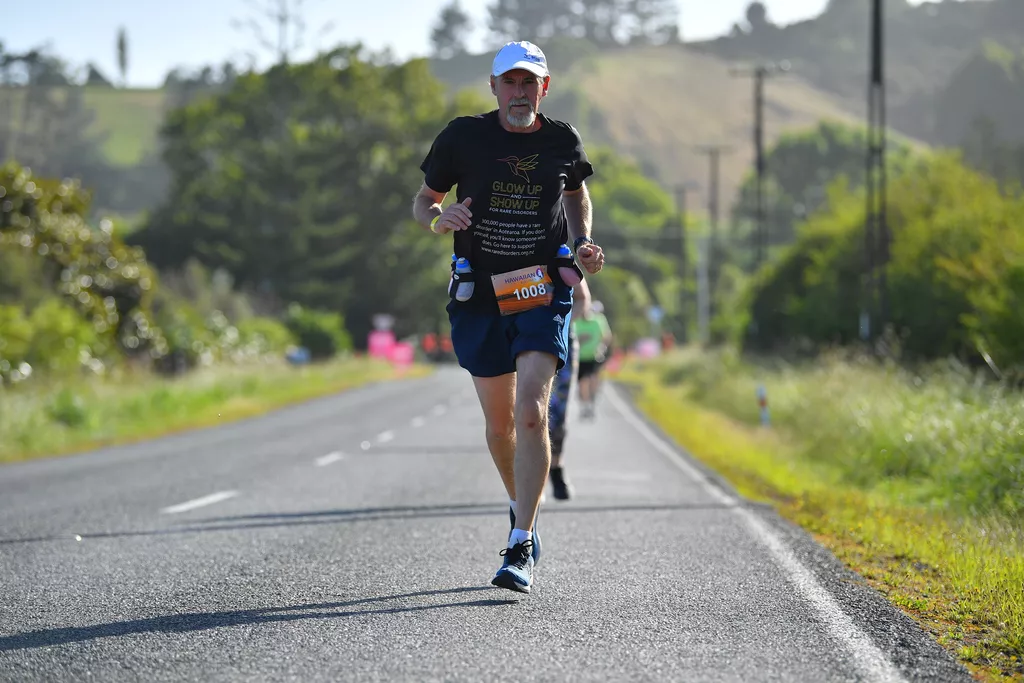
Run for Rare
Make your participation in community sports events matter by fundraising for Rare Disorders NZ!
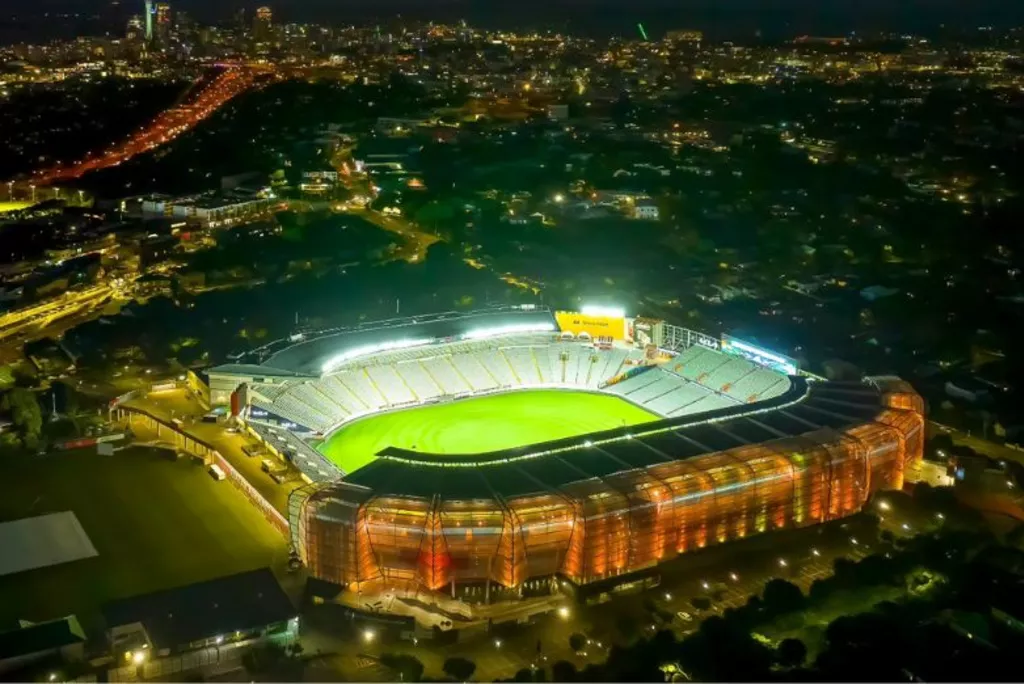
Light up for rare
Check out which buildings and monuments are lighting near you for Rare Disorders Month.
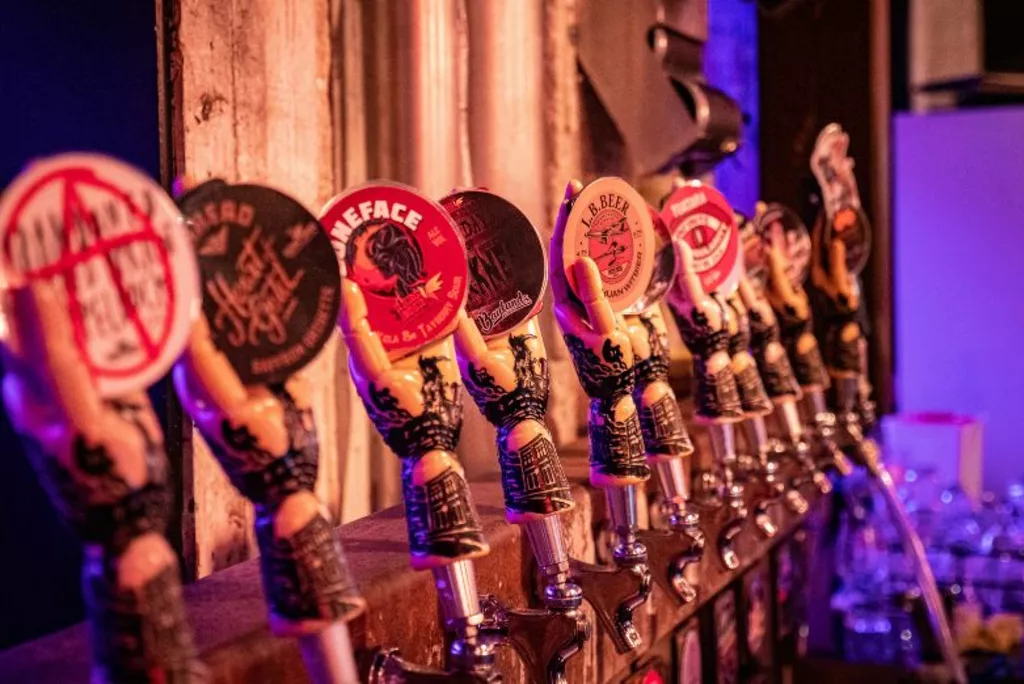
Rare Beer Challenge
From 20 March come along to 16 Tun in Auckland or The Malthouse in Wellington to see which weird and wacky brews are in the running for the title of Best Rare Beer of 2026.

Essay competition
An essay writing competition on rare disorders during March for health professional students
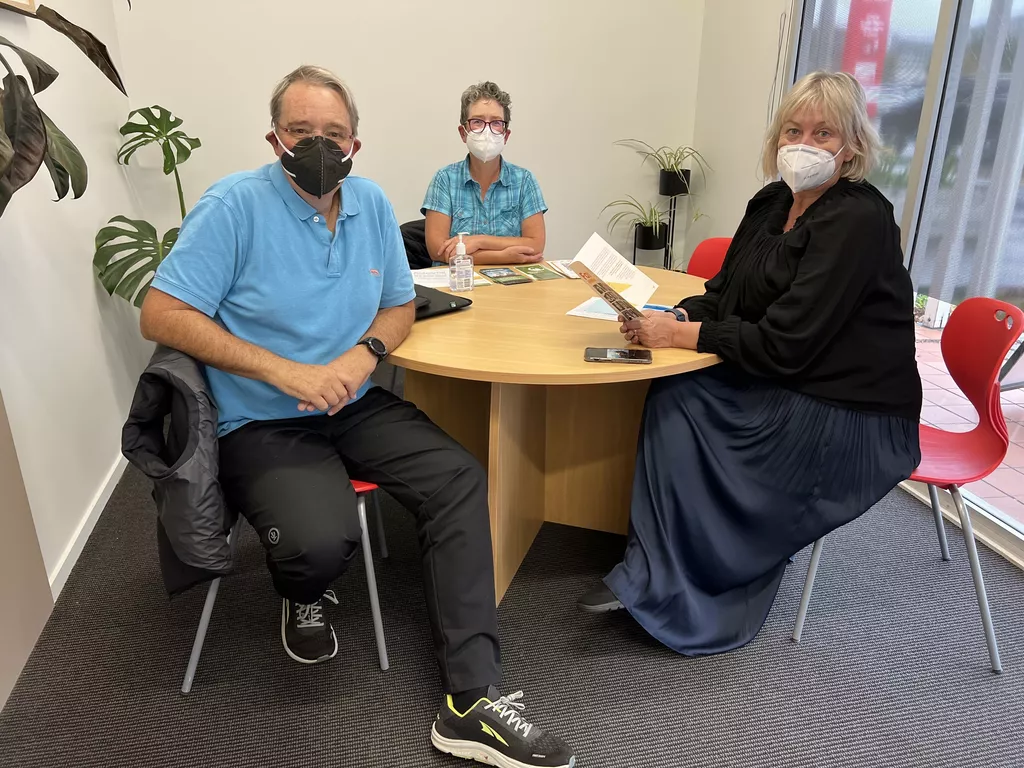
Visit your MP
2026 is election year! Contact your local MP and tell them why their party needs to #DoRightByRare.
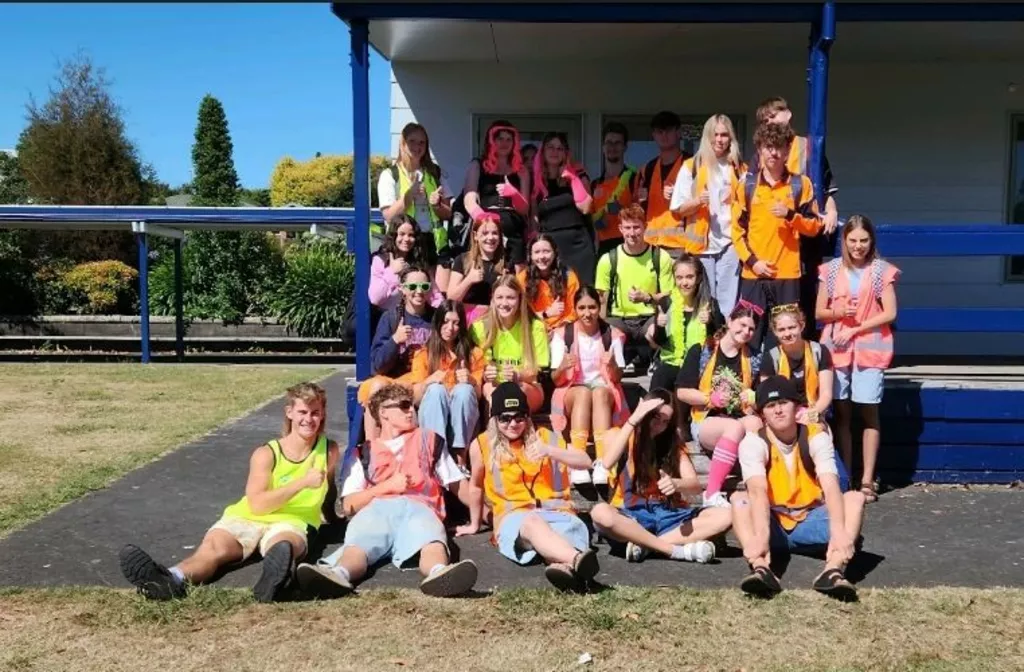
Organise a school event
There are so many ways schools can show support for rare families in their community
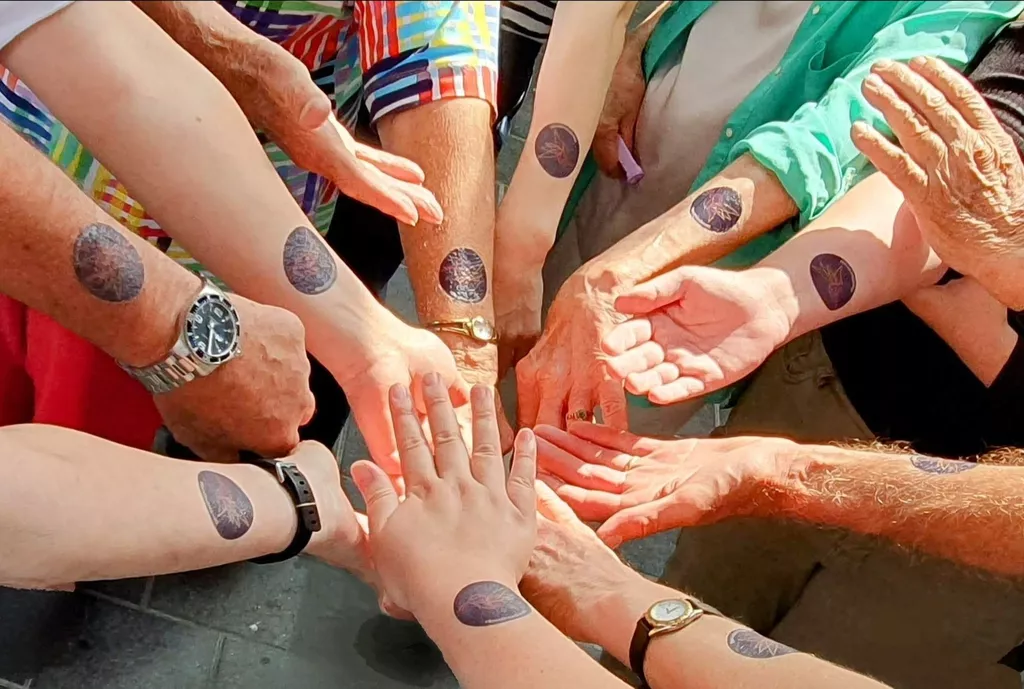
Organise a support group event
Ideas and resources for support groups to get behind Rare Disorders Month
#GlowUpShowUp
#DoRightByRare
#RareDisordersMonth
Did you know...?
While many countries in the Northern Hemisphere consider February 'Rare Disease Month', February is a busy time for New Zealanders and the Government alike, as we settle back into business after summer. This is why we have chosen March to mark our Rare Disorders Month, kicking off on the last day of February - Rare Disease Day, to ensure rare is seen EVERYWHERE.

